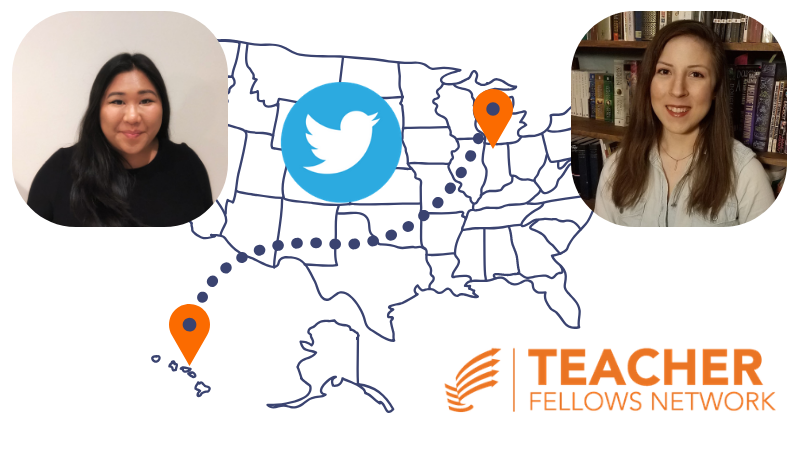
As a teacher, it can be challenging to find people with the same values, goals, and interests as you, but it doesn’t have to be. With the right strategies and tools, you can easily connect with others who share your values and are passionate about teaching. In this article, we will discuss tips to help you connect with others who share your enthusiasm and goals. Keep reading to learn more.
How can a peer support network help you connect with other educators?

Peer support networks are an invaluable resource for teachers, as they provide a forum where like-minded educators can come together to discuss teaching practices and share best practices. A peer support network is a group of individuals with similar interests, backgrounds, or experiences who meet regularly to exchange ideas, provide feedback, and give mutual encouragement.
This type of networking allows teachers to gain insight from others and allows them to forge connections with other professionals in their field or in related fields. These connections can help teachers stay current on educational trends and open up new opportunities for professional growth.
With the increasing demands of the job, teachers can often feel overwhelmed and isolated. A strong support network of like-minded individuals can be invaluable in providing support, advice, and guidance to teachers in times of need. Peer support networks for teachers can take many forms, from informal discussion groups to formalized support structures. Whether online or offline, these networks offer a safe space for teachers to share experiences and ideas, vent frustrations, and get advice from colleagues. The benefits of such support networks can be far-reaching, helping teachers feel less alone and isolated while also providing a valuable professional development source.
In addition to offering emotional support, peer support networks can also be invaluable sources of professional development. Teachers can use such networks to share best practices, discuss new teaching strategies, and even collaborate on projects. From providing emotional support to fostering relationships and collaboration, these networks can be an asset to teachers in today’s competitive educational landscape.
How can getting an education degree can help you connect with like-minded educators?

Getting an early childhood care and education degree is an excellent way for teachers to connect with like-minded people and make a difference in the lives of young children. Early childhood education is an important field focused on providing a safe, nurturing, and stimulating environment for children from birth to school. This field comprises professionals dedicated to helping children reach their full potential, and it’s a rewarding profession for those passionate about making a difference.
Early childhood educators must have a degree in early childhood education or a related subject to work in the field. By obtaining a degree in early childhood care, teachers gain the knowledge and skills necessary to provide young children with the best possible learning environment. This includes understanding the needs of young children, developing age-appropriate learning activities, and establishing positive relationships with children and their families.
In addition to gaining the knowledge and skills necessary to work in the field, obtaining an early childhood education degree also allows teachers to connect with like-minded people in the field of education and make a difference in the lives of young children. By joining professional organizations, attending conferences and workshops, and participating in online groups and forums, teachers can stay up-to-date on the latest research and trends in the field, network with other professionals, and share ideas and resources.
Overall, connecting with like-minded people as a teacher is an essential part of professional development, as it allows for the exchange of ideas and resources that can be used in the classroom and provides support and encouragement from a community of peers.
